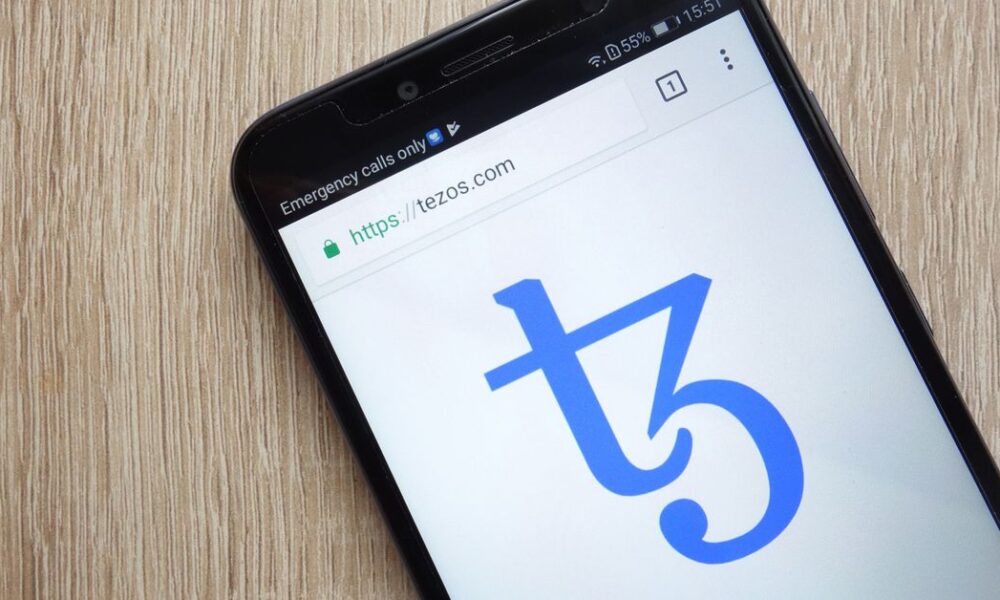News
Tezos Foundation Partners with Baanx for Non-Custodial Crypto Card

TezosThe smart contract-based blockchain founded in 2017 by husband and wife team Arthur and Kathleen Breitman will have its name on a new cryptocurrency debit card created in collaboration with digital asset card facilitator and Mastercard partner Baanx.
Transactions involving the Tezos-branded non-custodial crypto card will take place on Etherlink, an Ethereum-compatible platform layer 2 blockchain powered by Tezos Smart Rollups technology, to enable fast and cost-effective payments. The Tezos Foundation-backed debit card will be accepted by over 110 million Mastercard-compatible global merchants.
Crypto cards linked to non-custodial wallets, allowing customers to store their cryptocurrencies until they need them, are becoming popular. Matercard and Baanx are reportedly launching a MetaMask debit cardand the DeFi society 1Inch has one in operation. Baanx’s relationship with Tezos has lasted over four years and the Tezos Foundation has been included in previous Baanx Funding Round.
Tezos Etherlink layer 2 currently offers sub-second transaction finality, or about 500 milliseconds, and will get faster in the coming months, said Siddharth Singhal, head of business development at Trilitech, a Tezos developer.
“We’ve created an on-chain, non-custodial payment experience that allows users to spend their balance on-chain in a non-custodial way, like you would with any MasterCard,” Singhal said in an interview. “So, like Apple Pay, Google Pay, as well as real-life retail scenarios, wherever a debit card is acceptable.”
The rationale behind crypto cards is to replace online banking and help people who have little or no bank account, as well as to fuel the creator economy that seeks to create wallets that pay users, said Simon Jones, chief commercial officer at Baanx.
“In addition to the roughly 1.2 billion people who don’t have access to financial services, there are those who basically want to throw away their bank, but need that real-world connectivity,” Jones said in an interview. “Another use would be for the creator economy, where you could run a game wallet, for example, and pay users, but you don’t want to give the revenue back to Apple. Why not go direct to consumer?”
